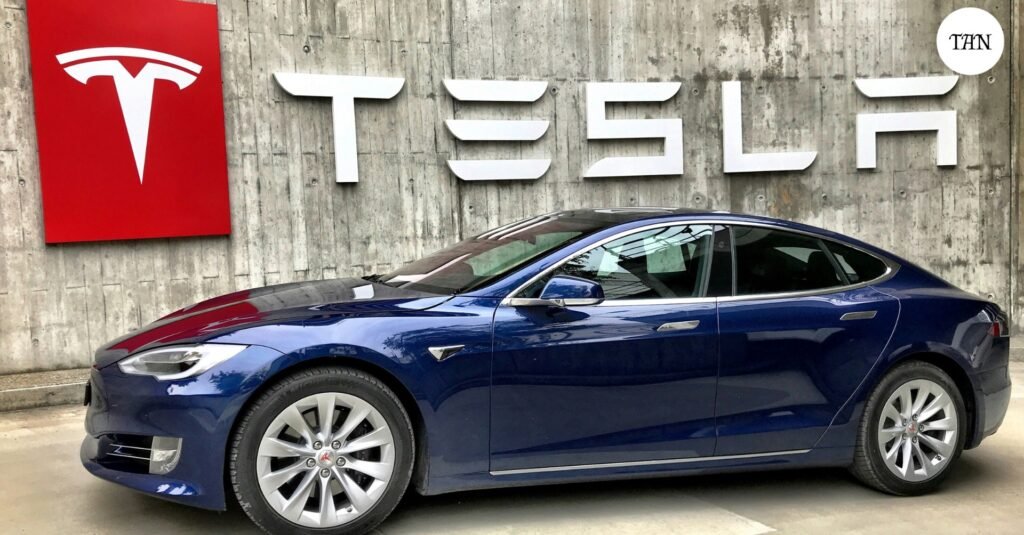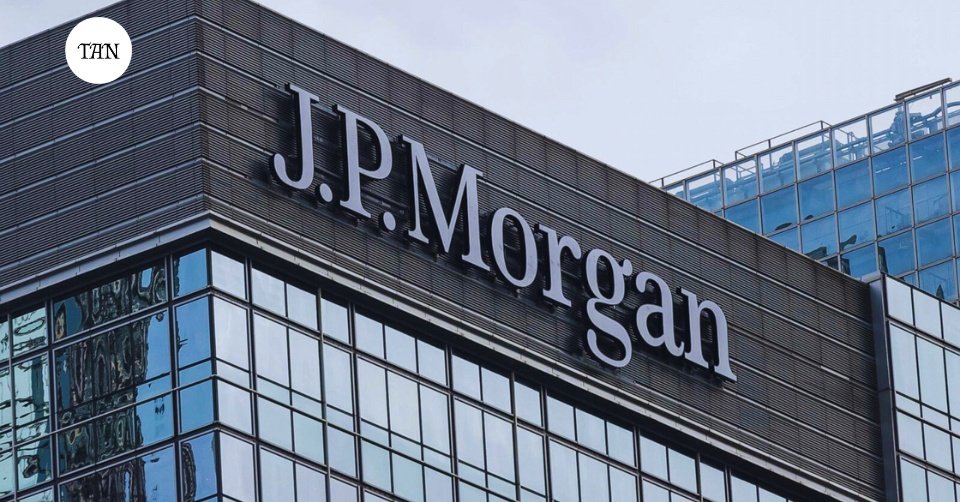Global fund, the biggest of all and also other investors are staging preparations for the vote against Elon Musk planned $56 billion remuneration plan in the forth labelled Tesla’s shareholders meeting. This decision has spurred debates on matters concerning corporate governance, adopting the right policies on c- suite remuneration, and the direction that was charting under Musk at the helm.
Key Concerns from Tesla Investors

Excessive Size of the Compensation Package
The first main concern that has been voiced regarding the compensation package in question is its sheer scale. Consequently, critics such as New York City Comptroller Brad Lander, on behalf of several NYC pension funds, SOC Investment Group and Nordea Asset Management deem the package excessive and unfavourable to the Tesla shareholders. They do not think it is warranted such a huge amount especially given the recent performance of Tesla and the fact that Musk is somewhat distracted with other projects.
Lack of Focus on Tesla
One of the main issues that can be an argument of a focal topic is the applicability of the package in motivating Musk. To achieve the objective the compensation plan proposed for 2018 is aimed at keeping Musk fully committed to Tesla for 10 years. But since then, He has taken up multiple other roles he performs including being the CEO of SpaceX, Tunnel, Neuralink, and recently purchasing Twitter that he rebranded as X. This has raised concerns that Musk multiplicity compromises him too much, which could negatively impact Tesla by taking us away from strategic management.
Institutional Advisory Firm Recommendations

Institutional investors like Glass Lewis recommended their shareholders to vote against proposals as to the compensation package. They have mentioned the concerns of Da David s about size of the package and dilutive effects on Tesla s share as the main reasons of their objections. Glass Lewis also identified potential conflicts of interest arising from Musk’s multiple responsibilities in other enterprises saying that he might not effectively manage his job at Tesla Ltd as CEO.
Corporate Governance Issues
Some of the questions that have been raised in recent past in regards to Tesla’s corporate governance include; In its letter to the Tesla Board, the opposition outlined occurrences when Musk appeared to put Tesla’s shareholders’ interests in the shade yet acted for his self-gains. For instance, musk’s utilization of resources from Tesla in his other businesses coupled with his immense involvement with Twitter are viewed as lack of proper execution of his responsibilities at Tesla. Moreover that and the very fast reimplementation of the pay package by one director received accusations of being ‘recklessly rapid.
Potential Implications of the Vote
The recent US$780 million increase to his remuneration package is expected to receive a shareholder vote in the near future and, although non-binding, this vote is significant. An unsuccessful proposal would also be a blow for Musk since it would signal a diminishing trust by investors in his capacity at Tesla. The current board of directors chaired by Robyn Denholm is an ardent advocate of Musk’s reelection, which focuses all its campaigning on recounting his success stories and asserting that Tesla needs his leadership in a previously saturated EV market.
Broader Impact on Corporate Governance
This particular outrage surrounding Musk’s restoration of his remuneration plan raises more questions about corporation governance and how bosses are paid especially in companies affiliated to complex and versatile personalities such as Musk. The result of this vote may influence how other similar companies respond to such a situation in the future ramifications it could have on prevailing executive remuneration structures within diverse industries. For a more in-depth analysis of other corporate activities related to Shein and their IPO, refer to the article about Shein’s Controversial London IPO and its journey through regulatory pressure and market demands.
Check out the full article on Shein’s controversial London IPO and its navigation through regulatory scrutiny and market expectations here.




